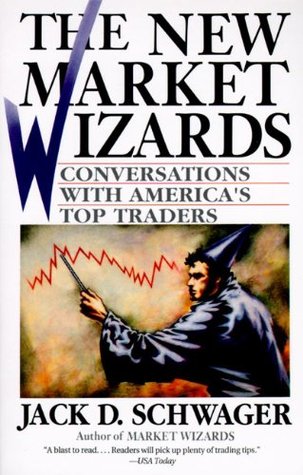The essence of a futures market is in its name. Trading involves a standardized contract for a commodity, such as gold, or a financial instrument, such as T-bonds, for a future delivery date, as opposed to the present time. For example, if an automobile manufacturer needs copper for current operations, it will buy its materials directly from a producer. If, however, the same manufacturer were concerned that copper prices would be much higher in six months, it could approximately lock in its costs at that time by buying copper futures now. (This offset of future price risk is called a hedge.)
Welcome back. Just a moment while we sign you in to your Goodreads account.


